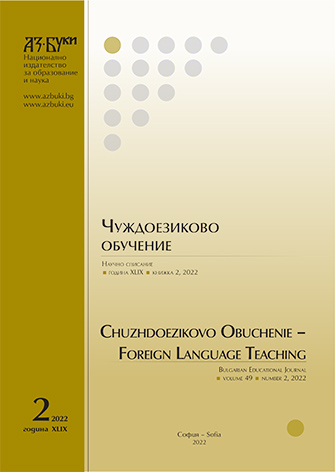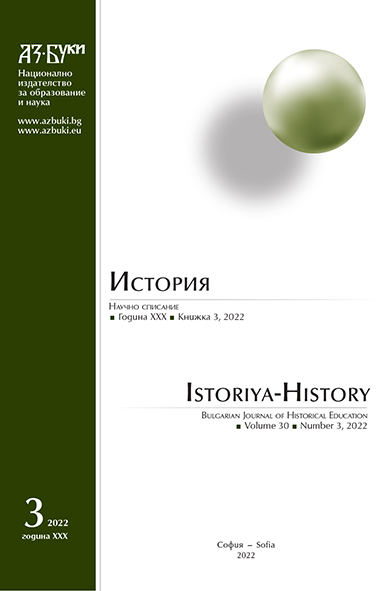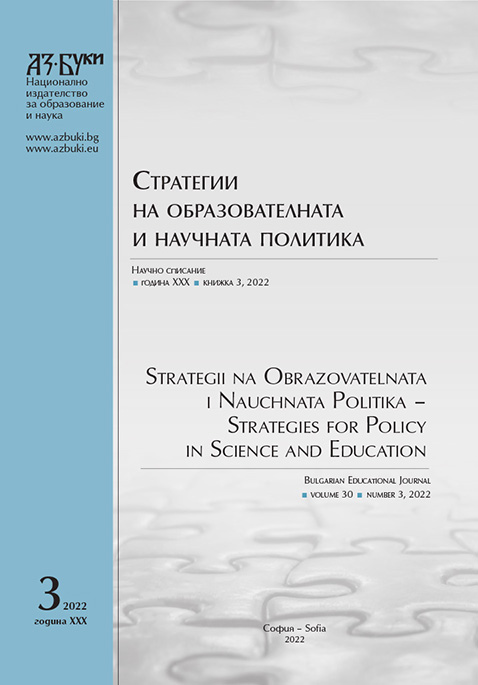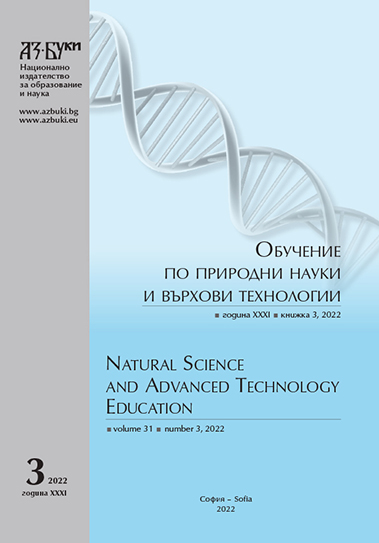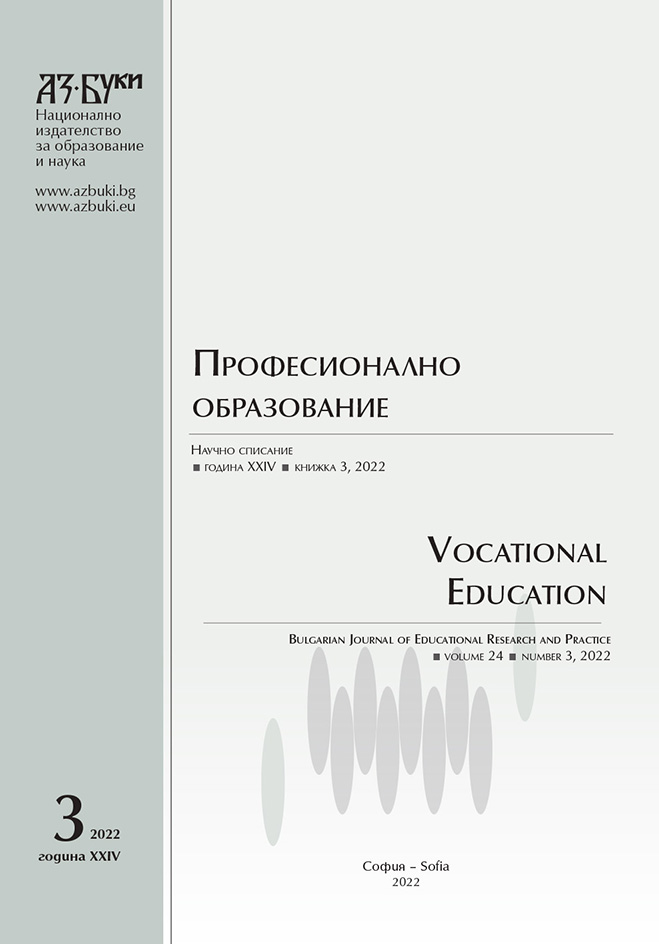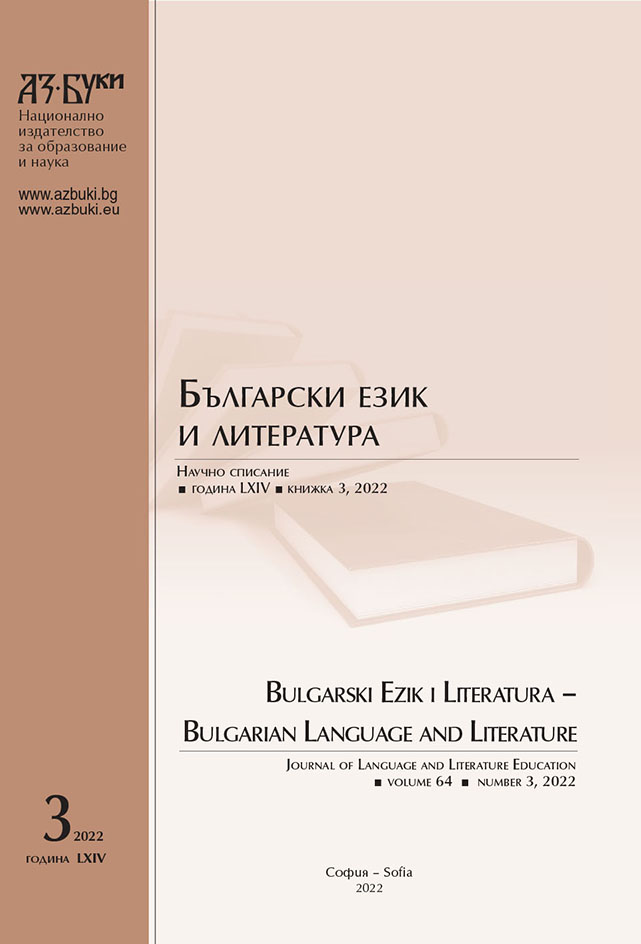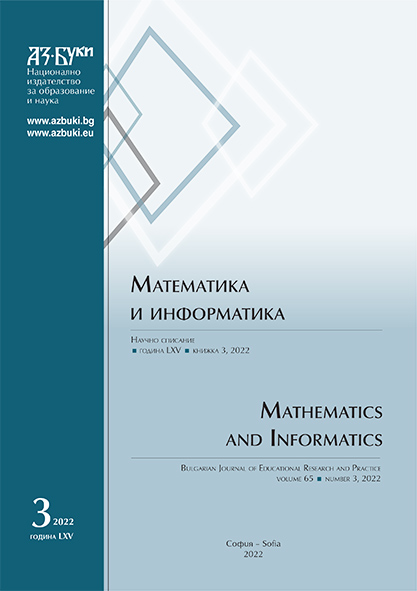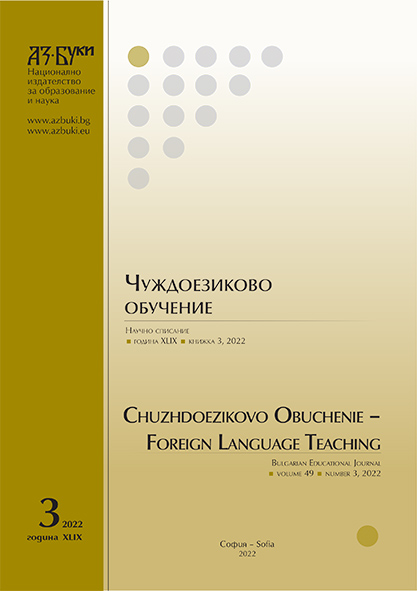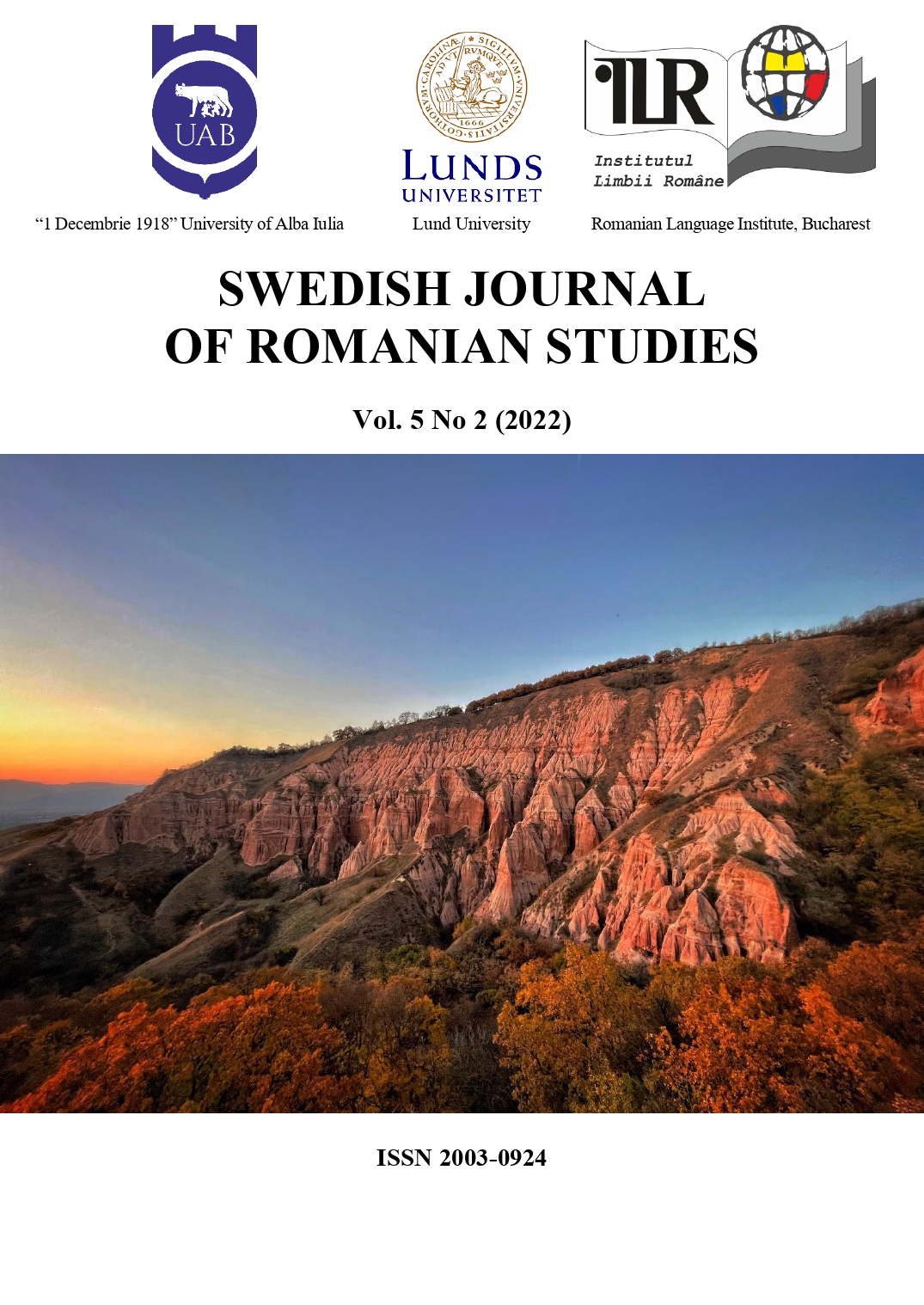
Easy-to-read in Romania: current status and future perspectives in a European context
As the European Union’s Strategy for people with disabilities has been extended to 2030, emphasising the need for these people’s social inclusion, which also comprises accessibility to different information and documents, Romania has to align its legislation and best practices in order to solve its problems concerning this topic. Therefore, this paper focuses on an important aspect of social inclusion, namely Easy-to-Read (E2R) language, which is paramount for the disabled people’s access to information, culture and education. It starts by presenting the concept of Easy-to-Read across Europe, its perception and implementation by various countries, to finally delve into the current situation of Easy-to-Read in Romania. By looking at the analysis and reports on the previous governmental strategies regarding people with disabilities (and especially reading disabilities, for the purpose of this paper), it can be said that Romania still faces challenges in this respect and needs to work on making documents and information accessible by first creating E2R guidelines and then implementing them in printed documents (e.g. adapted textbooks, healthcare leaflets) as well as in the electronic information (e.g. government websites). The paper also traces some future perspectives concerning Easy-to-Read in Romania, namely the Train2Validate “Professional training for Easy-to-Read facilitators and validators” (T2V) project, an Erasmus+ programme, a collaboration between various European countries, that Romania is part of, which goes one step further into helping people with reading disabilities and creating professional roles for them, i.e. facilitators and validators, in order to integrate them on the employment market. Moreover, this research will hopefully raise awareness of the importance of conducting other studies on creating Easy-to-Read guidelines and on simplifying the text according to the different target groups of people with reading disabilities or difficulties and to different text types.
More...
